In his recent statement, Prime Minister Pushpa Kamal Dahal Prachanda expressed strong views on the Balkumari incident, labeling it a threat to republicanism and suggesting a conspiracy against the system.
While acknowledging the importance of freedom of expression as a cornerstone of Nepal’s political enlightenment, it is essential to scrutinize the potential ramifications of leaders exploiting this right.
Addressing the Prime Minister directly, it is evident that the freedom of expression guaranteed by the Constitution has been utilized to its fullest extent.
However, there is a growing concern that some political leaders, including Prime Minister Dahal, may be abusing this freedom to protect their political interests under the guise of defending the political system.
The tendency among leaders to make extreme, unfettered, and populist remarks in public spaces raises questions about their commitment to democracy.
Rather than representing the authentic voice of the people and their grievances, such statements may be seen as a threat to the democratic values that Nepal holds dear.
It is crucial to distinguish between the legitimate expression of public opinion and the irresponsible use of rhetoric by leaders.
Public anger and dissatisfaction with inflation, irresponsible government actions, and other pressing issues should be addressed constructively.
However, the manner in which political figures articulate their opinions can either strengthen or undermine the democratic fabric of the nation.
Nepal’s political landscape is often inundated with leaders issuing statements that project a façade of dedication to nationalism and patriotism, as illustrated by Dr. Bhattarai’s recent pronouncement.
As Nepal navigates its political landscape, leaders need to exercise their freedom of expression responsibly, fostering a healthy democratic discourse that prioritizes the genuine concerns of the people over political posturing.
In this scenario, there is a pervasive sense of either public confusion regarding the motives behind leaders’ irresponsible remarks or a heightened awareness of their intent to deceive the masses in order to retain or wield power.
Take, for instance, Madhav Kumar Nepal, Chairman of the Unified Socialist Party, who frequently espouses “socialism” in public discourse.
His apparent use of the term “socialism” is a strategic ploy to mislead the public and present a distorted image of prosperity, all aimed at maintaining a grip on power.
It is no secret that despite his party’s inability to secure even 3 percent of the votes in the last general election, Chairman Nepal has successfully negotiated his way into government participation.
Similar to Prachanda, Chairman Nepal is well-versed in the art of populist politics, a risky endeavor often likened to dancing with the devil.
However, it’s important to note that this critique of populism does not inherently denigrate efforts that resonate with the weak and marginalized.
Numerous populist theories have effectively mobilized constituencies from socially and economically marginalized communities, proving that populism can, at times, be a tool for advocating their rights and concerns.
It is crucial to underscore that all forms of populism inherently possess the potential to spiral out of control, akin to a runaway train.
Former Prime Minister Dr. Baburam Bhattarai serves as a classic example, propelled by a desire to impose populist theories solely to maintain a prominent presence in the political arena.
During a program organized by the Nepali Congress in Kathmandu on Monday, Dr. Bhattarai cleverly introduced the concept of an “all-party national government led by a consensus prime minister.”
This formulation aimed to create the illusion of his commitment to safeguarding the country from potential long-term damage to democratic institutions and republicanism.
Unfortunately, the prevalence of populist speeches has become a dominant feature in Nepali politics, with politicians telling desperate voters what they want to hear, even if those promises cannot be fulfilled, all in a bid to secure power.
Nepal’s political landscape is often inundated with leaders issuing statements that project a façade of dedication to nationalism and patriotism, as illustrated by Dr. Bhattarai’s recent pronouncement.
However, there exists skepticism among the discerning Nepali populace, who often perceive such declarations as mere rhetoric without tangible actions to back them.
Politicians who make grandiose promises during election campaigns and other occasions must face scrutiny, prompting the electorate to discern between genuine commitments and unrealistic pledges.
Voter education becomes imperative to empower individuals in distinguishing between leaders making false and unattainable promises, as such deceptive practices undermine the electorate’s ability to make informed choices.
The pressing question arises: Do these leaders truly embody honesty and ethics?
It becomes essential for citizens to critically evaluate the actions of political figures to ensure accountability and uphold the principles of honesty and ethics in the realm of governance.
Another pressing question remains: Why do these leaders fail to grasp that making irresponsible, unrealistic, and blatantly false promises erodes the credibility, legitimacy, and trust in politics?
A visit to various government offices, including the Tribhuvan University Examination Controller’s Office in Balkhu, the Department of Passports, and the Tribhuvan International Airport, provides a clear picture of the challenges faced by citizens.
This disregard for truth not only demonstrates a shocking lack of integrity but also signifies a disrespect for desperate and illiterate voters who are enticed by promises that are clearly undeliverable.
Such irresponsible statements serve as a smokescreen to conceal their deceitful practices.
In informal conversations, political leaders themselves acknowledge that false promises can erode the credibility of information, particularly in a country like Nepal with high levels of illiteracy, where rural citizens often lack access to reliable information.
Unfortunately, the prevalence of populist speeches has become a dominant feature in Nepali politics, with politicians telling desperate voters what they want to hear, even if those promises cannot be fulfilled, all in a bid to secure power.
Beyond figures like Prachanda and Dr. Bhattarai, CPN-UML Chairman KP Oli stands out as another leader adept at employing populist speeches, often using proverbial jargon in his rhetoric.
During the last general election campaign, he pledged new jobs, improvements in health and education, the introduction of railways, ships, and gas pipelines to every household, among other assurances.
However, the stark reality becomes apparent when talking to a recently graduated student about the hours spent waiting in queues to fill out forms and the days endured to obtain a transcript certificate.
Such actions contribute to the erosion of freedom of thought, information, and expression, paving the way for intrinsic dangers to democracy.
A visit to various government offices, including the Tribhuvan University Examination Controller’s Office in Balkhu, the Department of Passports, and the Tribhuvan International Airport, provides a clear picture of the challenges faced by citizens.
Now, it’s essential to recollect the promises made by political leaders, including the incumbent Prime Minister Dahal, during election campaigns and other public forums, and compare them to the on-the-ground reality.
In this context, it becomes evident that election campaign speeches and public forum lectures largely amount to political rhetoric.
To emphasize, Prime Minister Dahal’s recent address, where he labeled the Balkumari incident, resulting in the death of two unemployed youths due to police firing, as an instance of the “criminalization of truth,” stands out starkly.
The peril of populism extends beyond mere negativity; it presents a genuine threat to democracy in the long run.
When populism rejects democratic pluralism and asserts that its leaders alone embody the true voice of the people, it transforms into a perilous force against democratic principles.
The persistence of political leaders in making irresponsible statements for the sake of populism carries potential consequences, restricting the rights of political, ethnic, and other minority groups.
Such actions contribute to the erosion of freedom of thought, information, and expression, paving the way for intrinsic dangers to democracy.
Populism, if left unchecked, has the capacity to inflict substantial damage on democratic institutions.


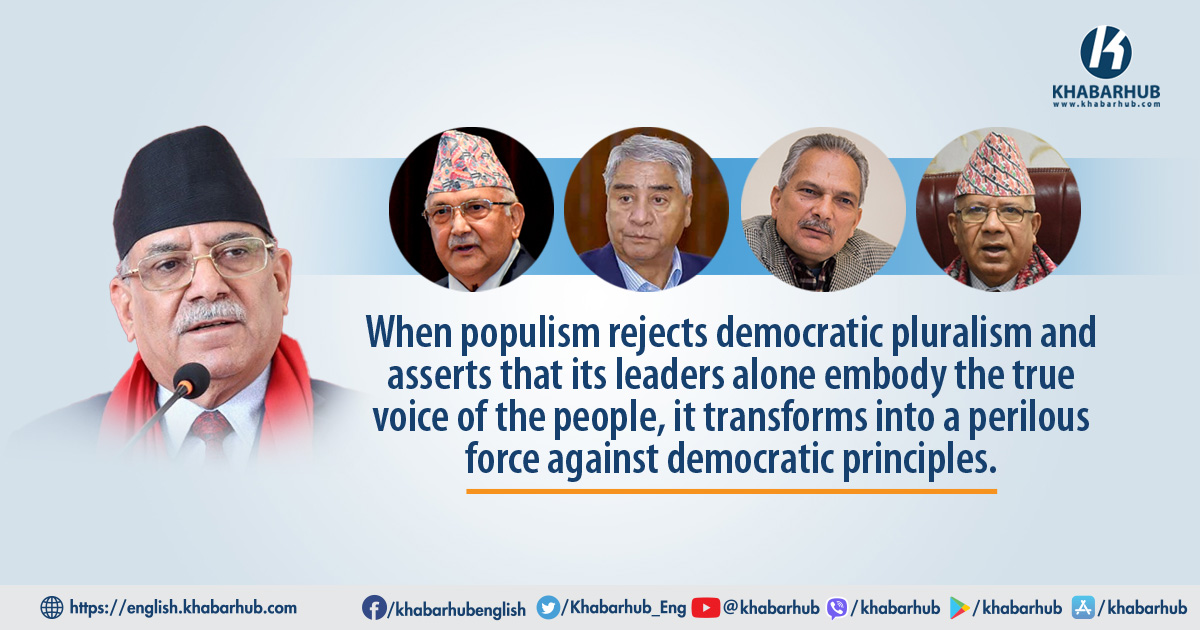
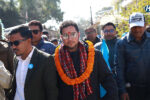
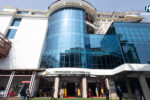

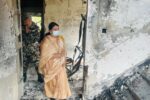
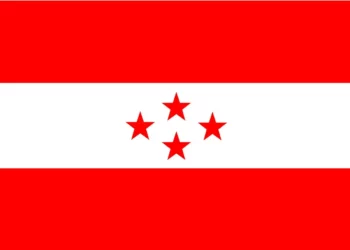

Comment